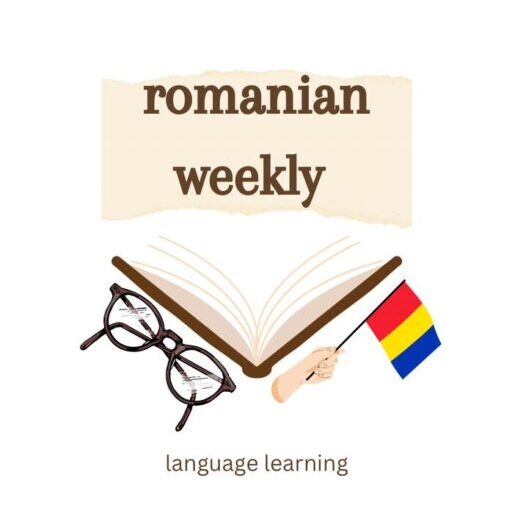
de Hermann Hesse
Siddhartha este un roman filozofic care urmărește călătoria spirituală a unui tânăr numit Siddhartha, în vremea lui Buddha, în India antică. Povestea explorează întrebări profunde despre viață, înțelepciune, descoperirea de sine și pacea interioară.
Siddhartha este fiul unui brahman respectat, o clasă preoțească din societatea hindusă. Este inteligent și admirat, dar nu este mulțumit de învățăturile religioase tradiționale. Simte că ritualurile și textele sacre nu oferă pace sau înțelegere adevărată.
Împreună cu prietenul său apropiat, Govinda, decide să-și părăsească casa și să se alăture unui grup de asceți rătăcitori, care practică renunțarea la dorințe și meditația. Ei cred că prin negarea sinelui pot atinge iluminarea.
Siddhartha devine foarte priceput în post și meditație, dar tot nu găsește răspunsurile pe care le caută. Când aude despre Buddha, merge cu Govinda să-l întâlnească. Govinda decide să rămână și să devină discipolul lui Buddha, dar Siddhartha alege să continue călătoria singur. Îl respectă pe Buddha, dar crede că adevărata înțelepciune nu poate fi predată—doar trăită.
După ce părăsește calea spirituală pentru o vreme, Siddhartha intră în lumea materială. O întâlnește pe frumoasa Kamala, care îl învață despre dragoste și dorință. Pentru a-i câștiga afecțiunea, el devine negustor și obține bogăție și succes. Învață despre afaceri și plăceri, dar în timp se simte gol și pierdut.
În cele din urmă, Siddhartha se dezgustă de viața sa luxoasă. Renunță la tot și merge să trăiască lângă un râu. Acolo îl întâlnește pe un luntraș bun și înțelept care îi devine prieten și învățător. Siddhartha începe să înțeleagă că viața este ca râul—mereu curge, mereu se schimbă, dar rămâne aceeași.
Siddhartha petrece mulți ani ascultând râul și observând viața. În cele din urmă găsește pacea și înțelepciunea pe care le căutase întotdeauna—nu prin învățături sau suferință, ci prin experiență directă, răbdare și o conexiune profundă cu lumea din jur.
Când Govinda îl vizitează din nou, Siddhartha este transformat. A devenit un om calm și înțelept. Govinda încă mai caută adevărul de la alții, dar Siddhartha îi arată că adevărul nu este o idee fixă—este ceva ce trebuie simțit, nu doar înțeles.
Siddhartha este un roman profund despre călătoria interioară a sufletului. Ne învață că înțelepciunea nu vine din cărți sau de la profesori, ci din viață însăși. Prin iubire, pierdere, natură și tăcere, Siddhartha înțelege că iluminarea vine prin acceptarea și înțelegerea întregii existențe.
In English:
Siddhartha is a philosophical novel that follows the spiritual journey of a young man named Siddhartha during the time of the historical Buddha in ancient India. The story explores deep questions about life, wisdom, self-discovery, and inner peace.
Siddhartha is the son of a respected Brahmin (a priestly class in Hindu society). He is intelligent and admired, but he is not satisfied with traditional religious teachings. He feels that the rituals and scriptures do not bring true peace or understanding.
Together with his close friend Govinda, he decides to leave home and join a group of wandering ascetics, who practice self-denial and meditation. They believe that by giving up all worldly desires, they can reach enlightenment.
Siddhartha becomes very skilled in fasting and meditation, but he still does not find the answers he is looking for. When he hears about Buddha, he and Govinda go to meet him. Govinda decides to stay and become a follower of the Buddha, but Siddhartha chooses to continue his journey alone. He respects the Buddha but believes that true wisdom cannot be taught—only experienced.
After leaving the spiritual path for a time, Siddhartha enters the material world. He meets a beautiful courtesan named Kamala, who teaches him about love and desire. To win her affection, he becomes a merchant and gains wealth and success. He learns the ways of business and pleasure, but over time, he feels empty and lost.
Eventually, Siddhartha becomes disgusted with his life of luxury. He leaves everything behind and goes to live by a river. There, he meets a kind and wise ferryman, who becomes his teacher and friend. Siddhartha begins to understand that life is like the river—always flowing, always changing, but always the same.
Siddhartha spends many years listening to the river and observing life. He finally finds the peace and wisdom he was always seeking—not through teachings or suffering, but through direct experience, patience, and deep connection with the world around him.
When Govinda visits him again, Siddhartha is transformed. He has become a wise and peaceful man. Govinda still seeks truth from others, but Siddhartha shows him that truth is not a fixed idea—it is something that must be felt, not just understood.
Siddhartha is a powerful novel about the inner journey of the soul. It teaches that wisdom comes not from teachers or books, but from life itself. Through love, loss, nature, and silence, Siddhartha learns that enlightenment is found by accepting and understanding the whole of existence.



